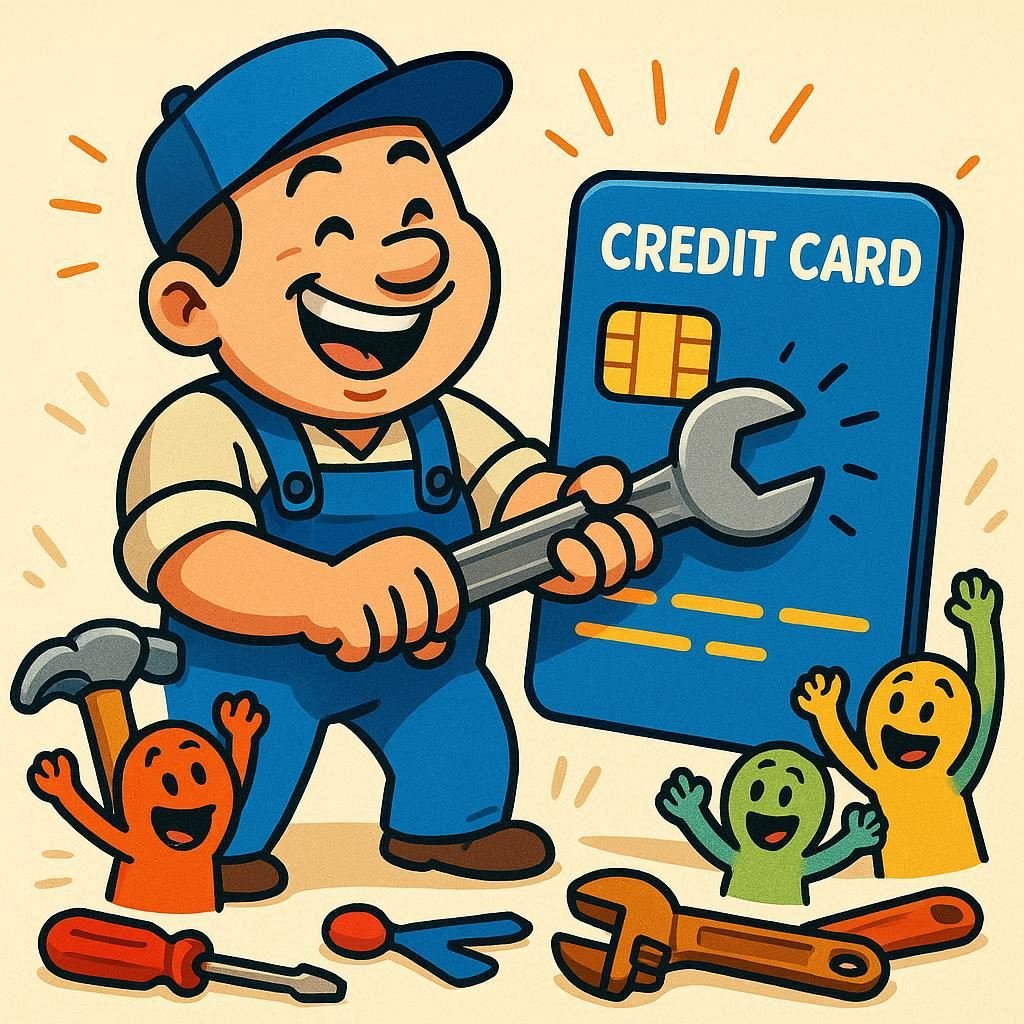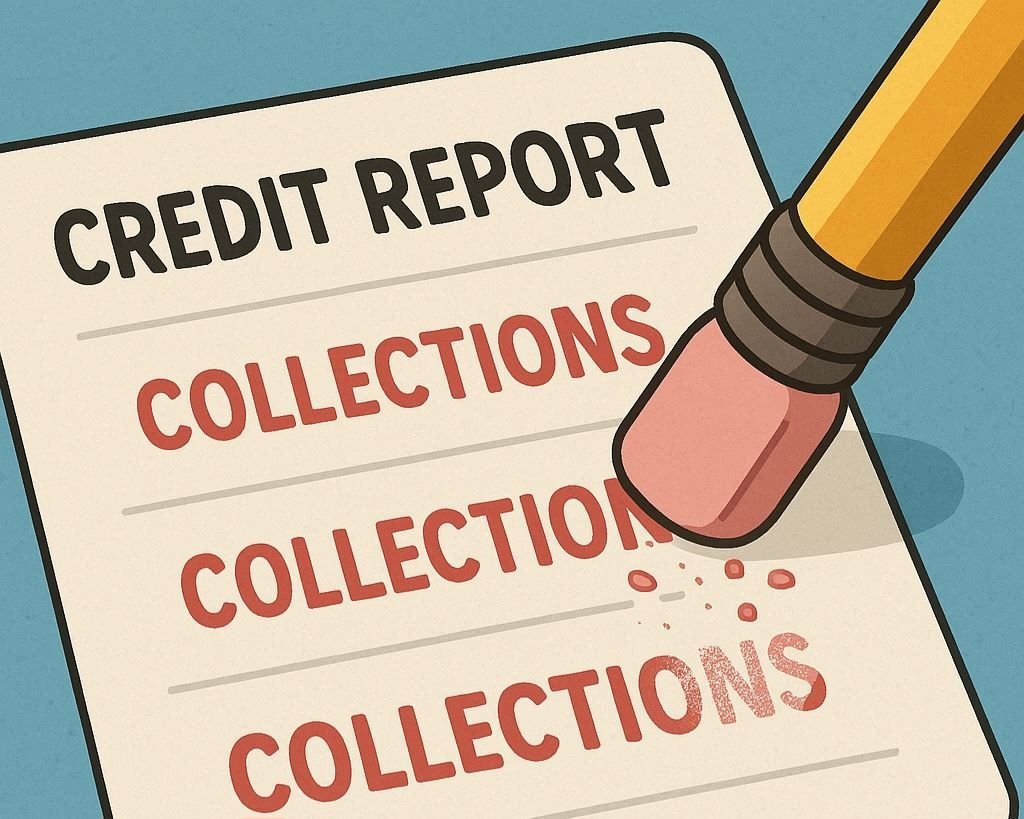Managing multiple debts can feel overwhelming. Credit cards, personal loans, and other forms of borrowing often come with different interest rates, payment schedules, and terms. Keeping track of them all can be stressful, and missing payments can negatively affect your credit score. This is where a debt consolidation loan can help. But what exactly is a debt consolidation loan, and how does it work? In this post, we’ll break it down for you.
A debt consolidation loan is a type of personal loan designed to combine multiple debts into a single loan with one monthly payment. The main goal is to simplify your finances and, in many cases, reduce the interest rate you pay compared to your existing debts. Essentially, instead of managing several separate debts, you only have to focus on one.
How Does a Debt Consolidation Loan Work?
When you take out a debt consolidation loan, the lender pays off your existing debts directly. After that, you are responsible for repaying the consolidation loan according to its terms. Most debt consolidation loans are installment loans, meaning you repay a fixed amount each month over a set period of time. This predictability can make budgeting easier and reduce the stress associated with managing multiple due dates and minimum payments.
For example, imagine you have three credit cards with balances of $2,000, $1,500, and $3,000. Each card has a different interest rate, ranging from 15% to 22%, and minimum monthly payments. A debt consolidation loan could allow you to pay off all three cards with a single loan of $6,500, ideally at a lower interest rate. Instead of making three separate payments with different due dates, you only need to focus on one monthly payment for the consolidation loan.
Benefits of Debt Consolidation Loans
Debt consolidation loans can offer several advantages:
- Lower Interest Rates: If your existing debts carry high interest rates, a consolidation loan with a lower rate can save you money over time.
- Simplified Payments: Combining multiple debts into a single payment reduces confusion and the risk of missing payments.
- Improved Credit Score Potential: Paying off multiple credit cards with a consolidation loan can lower your credit utilization ratio, which may positively affect your credit score.
- Fixed Repayment Schedule: Consolidation loans usually have a set term, so you know exactly when your debt will be fully repaid.
- Get debt collectors to stop calling: With one debt consolidation loan, that means multiple debt owners are paid, reducing your collection calls.
Potential Drawbacks
While debt consolidation loans can be beneficial, they are not perfect solutions for everyone. Some potential downsides include:
- Upfront Fees: Some lenders charge origination fees or other costs that can add to the overall expense of the loan.
- Longer Repayment Periods: If the loan term is extended to lower monthly payments, you may end up paying more interest over time.
- Risk of New Debt: Without disciplined spending habits, consolidating debt may free up credit card limits, which could lead to accumulating more debt.
- Qualification Requirements: Interest rates for debt consolidation loans are based on creditworthiness. Those with poor credit may not qualify for favorable rates.
Who Should Consider a Debt Consolidation Loan?
Debt consolidation loans are best for individuals who:
- Have multiple high-interest debts, such as credit card balances.
- Have a stable income and can commit to a fixed monthly repayment.
- Want to simplify their finances and reduce stress.
- Are disciplined enough to avoid accumulating new debt after consolidation.
It is important to understand that a debt consolidation loan does not erase debt — it simply restructures it. Success depends on your ability to stick to a repayment plan and avoid new borrowing that could worsen your financial situation.
Alternatives to Debt Consolidation Loans
Before deciding on a debt consolidation loan, consider these alternatives:
- Balance Transfer Credit Cards: These allow you to transfer existing high-interest credit card debt to a card with a 0% introductory rate. This can save interest if you can pay off the balance before the promotional period ends.
- Debt Management Plans: Offered by credit counseling agencies, these plans consolidate your payments through the agency and may negotiate lower interest rates with creditors.
- Home Equity Loans or Lines of Credit: For homeowners, these options can provide lower interest rates, though they put your home at risk if payments are missed.
- DIY Repayment Strategies: Methods like the debt snowball or debt avalanche can help you pay off debts strategically without taking a new loan.
Steps to Get a Debt Consolidation Loan
1. Assess Your Debt: List all your debts, interest rates, and monthly payments.
2. Check Your Credit Score: Better credit scores often qualify for lower interest rates.
3. Shop Around: Compare lenders, rates, fees, and repayment terms.
4. Calculate Savings: Make sure the consolidation loan actually saves you money compared to your current debts.
5. Apply and Pay Off Existing Debts: Once approved, the lender will pay your existing creditors.
6. Stick to the Repayment Plan: Make consistent monthly payments until the loan is fully repaid.
Conclusion
A debt consolidation loan can be an effective tool for simplifying your finances and potentially reducing interest costs. It allows you to combine multiple debts into a single payment, making it easier to manage your budget and stay on top of your obligations. However, it is not a solution for poor spending habits or accumulating new debt. Careful planning, comparison of options, and disciplined repayment are key to successfully using a debt consolidation loan.
Remember, understanding your options and learning how to manage credit effectively can help you achieve financial stability. Whether you choose a debt consolidation loan, a balance transfer card, or another strategy, the key is to stay informed and make smart financial decisions.
External Resources
For more detailed information on debt consolidation, consider visiting:





